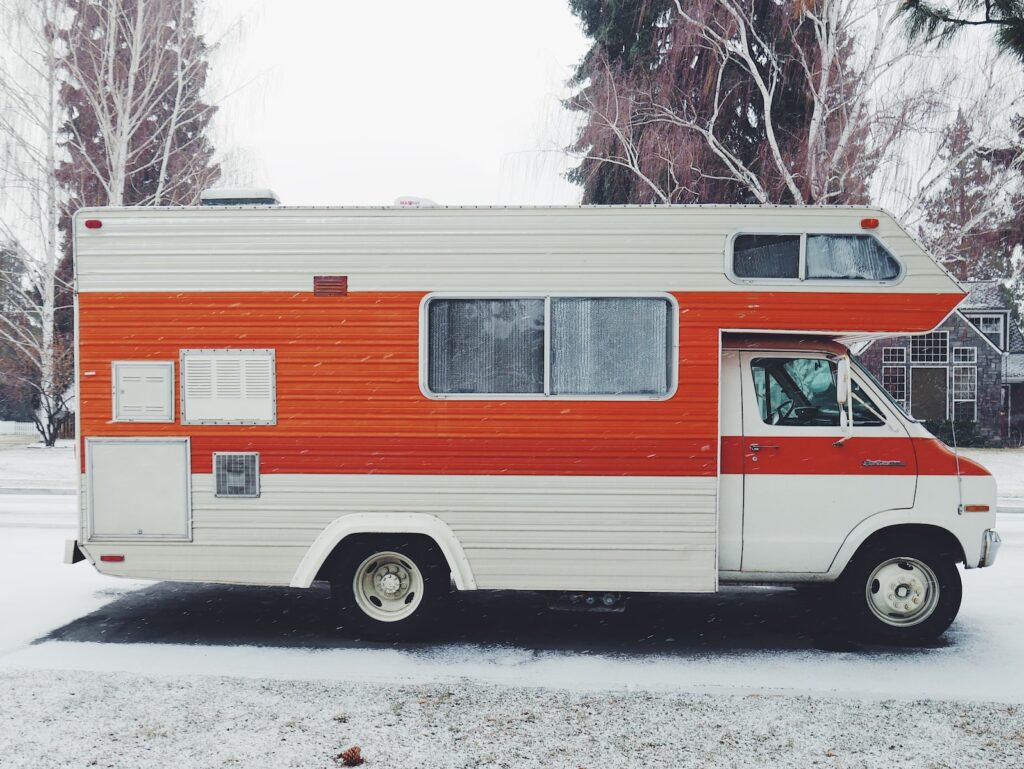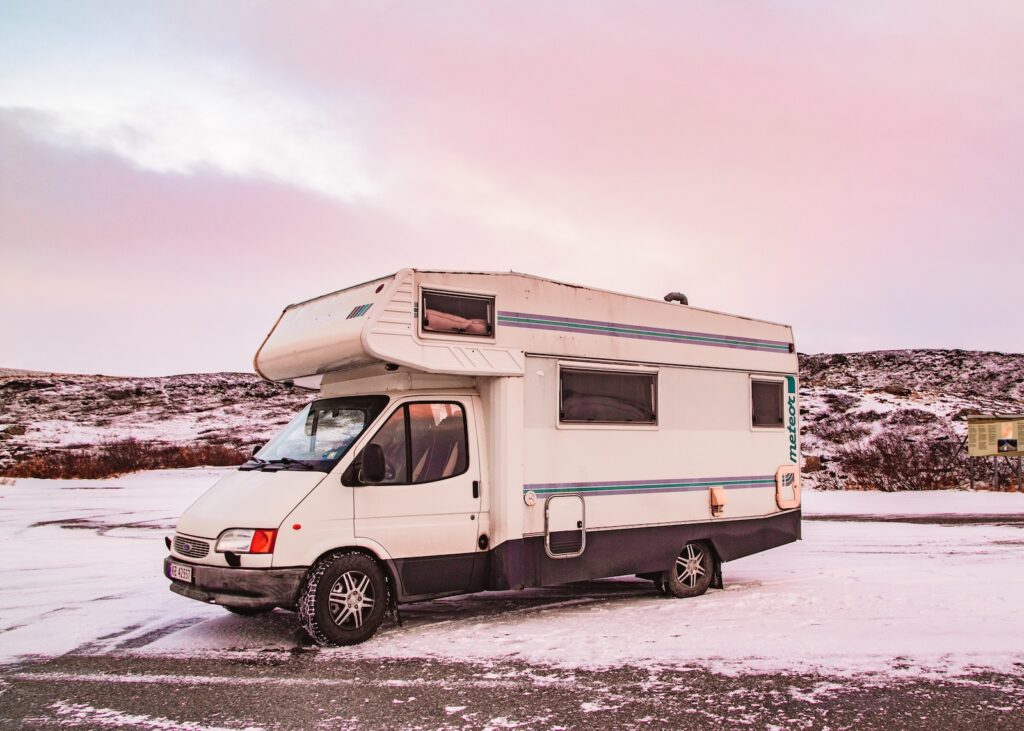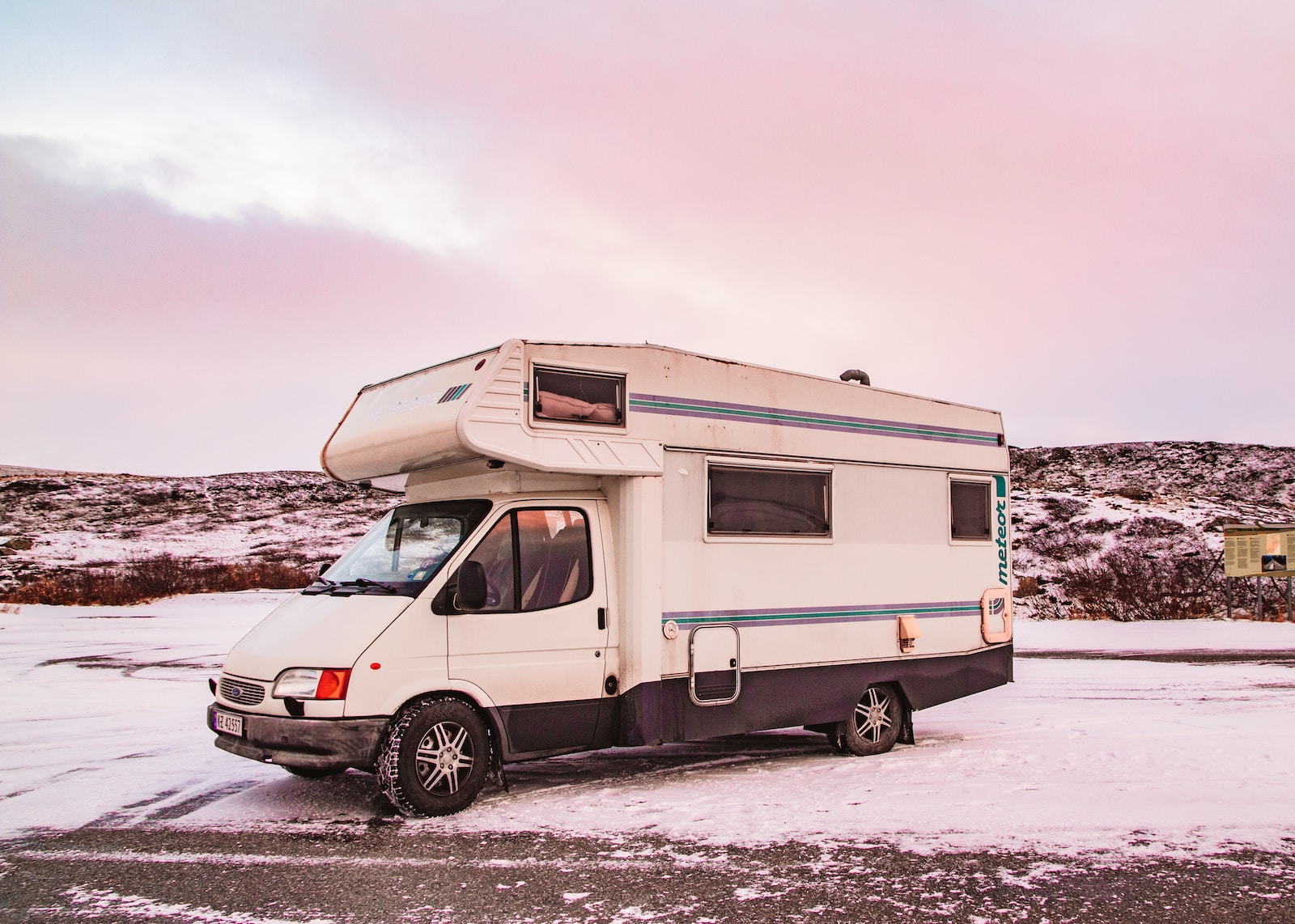If you’re a new RV owner looking for advice on purchasing and maintaining your RV, one question you may have is, “What’s the difference between RV antifreeze and regular antifreeze?” With winter approaching, it’s important to understand which type of antifreeze is best for your RV. In this article, we’ll explore the distinctions between these two types of antifreeze, providing you with the knowledge you need to make an informed decision and keep your RV in optimal condition throughout the colder months.

Purpose of RV Antifreeze
Understanding the Need for Antifreeze
As a new RV owner, it’s important to understand the purpose of antifreeze and why it is necessary for your RV. Antifreeze is a fluid that is used to protect your RV’s plumbing system from freezing during the winter months. When water freezes, it expands and can cause pipes to burst, leading to expensive repairs. Antifreeze prevents this from happening by lowering the freezing point of the liquid in your RV’s plumbing system, keeping it in a liquid state even in sub-zero temperatures.
Importance of Antifreeze in RVs
Antifreeze plays a crucial role in maintaining the functionality of your RV. By preventing freezing and subsequent bursting of pipes, it helps to avoid costly damages and repairs. Additionally, antifreeze is also used in other areas of your RV, such as the engine cooling system, to prevent overheating and corrosion. It is an essential fluid that ensures the smooth operation and longevity of your RV’s various systems.
Composition
Components of RV Antifreeze
RV antifreeze is specially formulated to be non-toxic and safe for use in the plumbing systems of recreational vehicles. It typically contains propylene glycol or ethylene glycol as the base ingredient, along with additives to prevent corrosion and provide lubrication. These additives help protect the metal components of your RV’s plumbing system, ensuring their longevity and preventing leaks.
Components of Regular Antifreeze
On the other hand, regular antifreeze, which is commonly used in automobiles, contains ethylene glycol as the primary ingredient. While it is effective at preventing freezing, regular antifreeze is highly toxic and can be harmful or even fatal if ingested by humans, pets, or wildlife. It is not recommended for use in RV plumbing systems, as it poses a significant health risk.
Toxicity
Non-Toxicity of RV Antifreeze
One of the key advantages of RV antifreeze is its non-toxic nature. This makes it safe to use in RV plumbing systems, even if a small amount were to contaminate the water supply. RV antifreeze is specifically formulated to be safe for humans, pets, and the environment, giving you peace of mind while using it in your RV.
Toxicity of Regular Antifreeze
Regular antifreeze, as mentioned earlier, is highly toxic. Ethylene glycol, the main component of regular antifreeze, can be fatal if ingested and is extremely harmful to animals and plants. It is essential to handle regular antifreeze with extreme caution and keep it away from children and pets. Using regular antifreeze in your RV’s plumbing system can pose a serious risk to your health and the environment.
Use in Plumbing Systems
RV Antifreeze for Winterizing Plumbing
When winterizing your RV, the use of RV antifreeze is crucial. By properly winterizing your plumbing system with RV antifreeze, you can prevent any residual water from freezing and causing damage to your pipes, fixtures, and appliances. Simply draining the water from your plumbing system is not enough, as there may still be water trapped in low points or small crevices. RV antifreeze ensures that all areas of your plumbing system are protected from freezing and potential damage.
Regular Antifreeze in Automobiles
Regular antifreeze is commonly used in automobile engines to prevent overheating and freezing. However, it is important to note that regular antifreeze is not suitable for use in RV plumbing systems. The toxicity of regular antifreeze makes it unsuitable for contact with potable water systems. It is specifically designed for engine coolant applications and should not be substituted for RV antifreeze when winterizing your RV.
Freezing Point
Lower Freezing Point of RV Antifreeze
RV antifreeze is formulated with additives that lower the freezing point of the liquid. This ensures that your RV’s plumbing system remains protected even in extremely cold weather conditions. Typically, RV antifreeze is designed to provide freeze protection down to temperatures as low as -50 degrees Fahrenheit, making it suitable for use in various climates.
Higher Freezing Point of Regular Antifreeze
Regular antifreeze, on the other hand, is formulated to provide freeze protection for automobile engines. It has a higher freezing point compared to RV antifreeze and is designed to keep engine coolant from freezing in typical winter conditions. Regular antifreeze can typically protect engines from freezing down to temperatures around -34 degrees Fahrenheit.
Color
Color of RV Antifreeze
RV antifreeze is commonly available in a bright pink or fluorescent color, making it easily distinguishable. This color is added to RV antifreeze for visual identification, ensuring that it is not mistaken for other fluids. The color helps RV owners to easily identify where the antifreeze has been applied and ensures that it is flushed out properly when no longer needed.
Color of Regular Antifreeze
Regular antifreeze is usually available in a variety of colors, such as green, orange, yellow, or blue. These colors are not standardized and can vary between different brands and formulations. It is important to refer to the manufacturer’s recommendations and labeling to ensure you are using the correct type of regular antifreeze for your vehicle.
Application
Proper Application of RV Antifreeze
When using RV antifreeze to winterize your RV’s plumbing system, it is important to follow the proper application procedures. Typically, you will need to drain all water from the plumbing system, including freshwater tanks, pipes, and the water heater. Once the system is drained, you can proceed to introduce RV antifreeze into the plumbing system. This is usually done by connecting a winterizing kit or using a hand pump to push antifreeze through the system, ensuring all lines, faucets, and fixtures are thoroughly protected.
Applying Regular Antifreeze in Vehicles
Regular antifreeze is designed specifically for engine coolant applications in vehicles. It should not be used in RV plumbing systems. When it comes to vehicle maintenance, it is recommended to follow the manufacturer’s guidelines and consult a professional mechanic for the proper application of regular antifreeze in your vehicle’s cooling system.

Cost
Price Variation for RV Antifreeze
The price of RV antifreeze can vary depending on the brand, quality, and quantity. Generally, RV antifreeze is affordable and readily available at most RV supply stores or automotive retailers. It is worth investing in a trusted brand that offers high-quality antifreeze to ensure the protection of your RV’s plumbing system.
Cost of Regular Antifreeze
Regular antifreeze used in automobiles can also vary in price, depending on the brand and type. However, it is important to reiterate that regular antifreeze should not be used in RV plumbing systems due to its toxicity. The potential health risks associated with using regular antifreeze far outweigh any potential cost savings.
Compatibility
RV Antifreeze Compatibility
RV antifreeze is compatible with the materials commonly used in RV plumbing systems, such as PVC, CPVC, and PEX. It is designed to be non-corrosive and will not damage or degrade these materials. This ensures that your RV’s plumbing system remains intact and leak-free, even with prolonged exposure to RV antifreeze.
Compatibility of Regular Antifreeze
Regular antifreeze is designed for use in vehicle cooling systems and is not intended for contact with the materials typically found in RV plumbing systems. The use of regular antifreeze in RV plumbing systems can lead to damage, leaks, and costly repairs. It is important to use RV antifreeze to ensure compatibility and the longevity of your RV’s plumbing system.
Conclusion
Choosing the right antifreeze for your RV is essential for the proper maintenance and protection of your plumbing system. The key differences between RV antifreeze and regular antifreeze lie in toxicity, freezing point, color, application, and compatibility. RV antifreeze is specifically formulated to be non-toxic, compatible with RV plumbing systems, and has a lower freezing point. Regular antifreeze, although effective for engine coolant applications, is highly toxic, not safe for RV plumbing systems, and has a higher freezing point.
As a responsible RV owner, it is crucial to always use RV antifreeze when winterizing your RV’s plumbing system. This ensures the protection of your investment, prevents costly damages, and ensures a safe and enjoyable RVing experience. By understanding the differences outlined in this article, you can confidently choose the right antifreeze for your specific needs, ensuring the longevity and functionality of your RV.
Affiliate Disclosure: Some of the links on our website are affiliate links, meaning we may earn a small commission if you make a purchase through these links. This helps support our website and keeps our content free for our readers.

